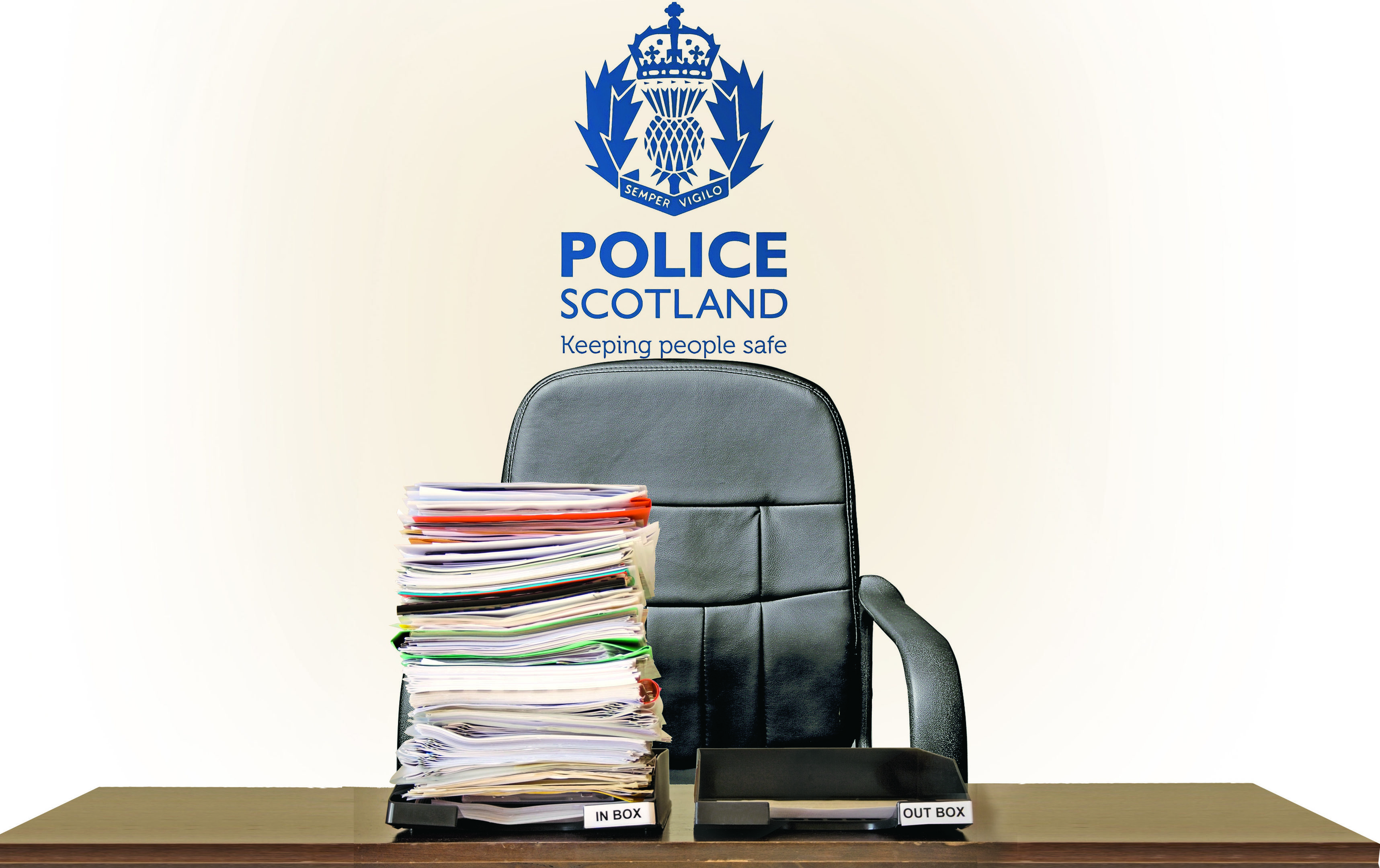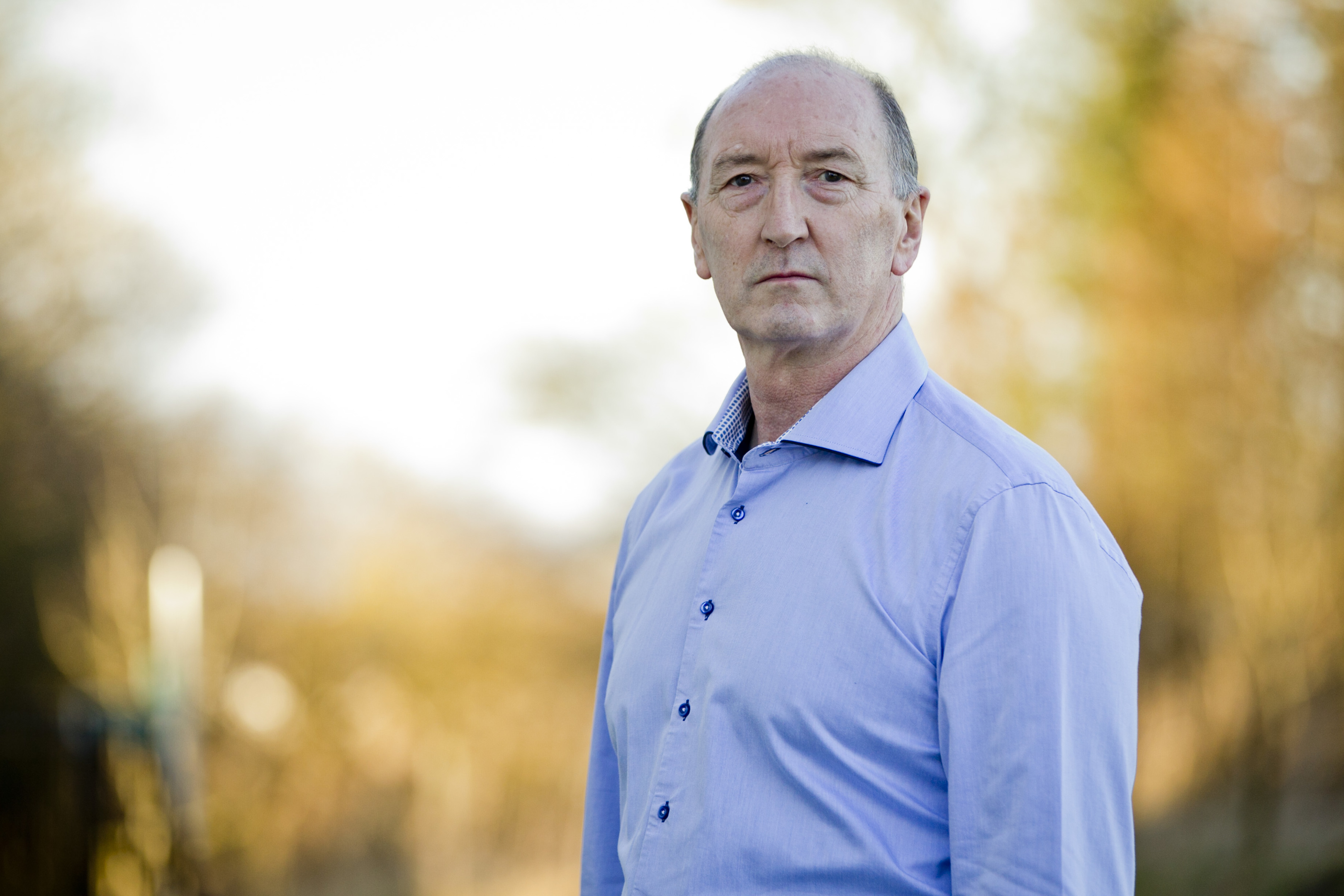
POLICE Scotland is looking for its third chief constable in five years following the resignation of Phil Gormley.
The single force has been dogged by controversy and claims of governmental interference but crime rates remain relatively low.
KIERAN ANDREWS asks three experts what should be top of the country’s new top officer’s to-do list.
New boss has to develop a national strategy…and learn to stand up to government
View from the ex-chief by Colin McKerracher, former Grampian Police Chief Constable
I still have a passion for policing.
I can see a way forward within the “one force” structure… I would build it into something that really touches communities again.
The new chief has to be someone whose priority it is to introduce a national strategy – one that gives officers the confidence to use their initiative, innovation and experience to develop that strategy locally.
The chief constable also needs to change the focus of other chief officers from their own self-interest to serving the staff of PS and the communities of Scotland.
It looks to the outsider as if the hierarchy is very much at the centre of it all. Based in Stirling, or Tulliallan, they don’t take a great interest in other areas. If there is a fresh start, whoever is in charge needs to get these officers back across the country to see the strategy delivered locally.
They need accountability devolved locally. The remit of the Scottish Police Authority (SPA) is too narrow.
When we took away the local police boards, an accountability gap emerged. The Government will say the SPA was intended to fill that gap.
But they are not there representing any geographical part of Scotland. So where is the accountability?
You need a representative group for different parts of the country. Maybe five natural areas in the country with boards.
Members should not go as party political representatives, instead go as police board members looking after the interests of their community.
Operational commanders at chief officer level should be giving answers.
Finally, they need to be confident in their understanding of leading the organisation to the point where they can stand their ground with politicians.
Strength of character, humility and experience are key attributes.
Can a chief constable stand up to the politicians? Absolutely. I have in the past, with central government and the Scottish Government over a number of things.
Next chief constable needs empathy and to be inspirational
 View from the frontline by David Hamilton, Vice Chair of the Scottish Police Federation
View from the frontline by David Hamilton, Vice Chair of the Scottish Police Federation
The next chief constable of Police Scotland will command an organisation of nearly 18,000 highly-skilled and dedicated police officers.
Officers who deliver one of the best policing services on the planet, who in the most austere of times are adapting to organisational change on an unprecedented scale and who have become the biggest political football in the country.
Police officers are looking to their next chief to give them breathing space, to shield them from the incessant attacks on their service, efforts and profession. They want the public to hear about the successes, they want a leader to show communities they should be proud of what their officers deliver.
And officers need to know what is expected of them. We see new demands on our service rising exponentially while we work with ageing cars, collapsing buildings and ancient IT – damning legacies of former police boards that amnesiacs speak so fondly of.
Counter-terrorism capability, historic sexual abuse inquiries and cyber-investigations don’t just need new equipment, they need police officers too. Enough is enough, the cupboard is bare and officers are running on empty.
More work requires more funding. The chief constable needs to be given more than duct tape to create a sustainable policing model.
The service is beginning to tackle its problems but the pace is slow. As an emergency service we have to react, dynamically and decisively – to be where we are after five years simply isn’t good enough.
Most importantly, with responsibility for a £1 billion budget and liability for risks and challenges few can comprehend, our next chief constable needs to take his or her people with them, show empathy, be inspirational and ensure improving their wellbeing becomes a culture, not just a project.
People want to see officers on patrol in their community
 View from the politician by Highlands and Islands MSP and former police officer John Finnie
View from the politician by Highlands and Islands MSP and former police officer John Finnie
Policing is clearly a vital service and one most people won’t want to use. But if they do have cause to call upon the service, they want a swift and positive response.
The value of local policing cannot be underestimated.
There is nothing wrong with the existing single service model – it is appropriate that the likes of organised crime and human trafficking are dealt with at a strategic level.
That is not the things people encounter day-to-day, though. They want to see officers on patrol, in uniform, in their community.
Policing has become a very hot topic but in my dealings with the public I still encounter warmth and affection for bobbies.
As someone who has policed both urban and rural areas, people aren’t interested in terms such as “community planning partnerships”.
If something goes wrong, they want to know the police, fire and ambulance services are going to be available.
All policing is local and I would hope to see a very clear understanding that communities get the policing they want.
Often, many of the debates are around buildings and counter opening times. What the public should get is a police service.
That may not always require a building as we know the service is changing and most communication now comes via phone or email, but the concerns of the most vulnerable require response across public services.
I would also encourage councillors to assert themselves. I haven’t met a single officer yet who is adverse to being scrutinised about their area.
There is no reason why you shouldn’t have national campaigns around the likes of drink-driving but, outwith that, the local policing model should be determined by the local divisional commander.
There’s no reason why anyone in Tulliallan, Edinburgh or Glasgow should be directing that.

Enjoy the convenience of having The Sunday Post delivered as a digital ePaper straight to your smartphone, tablet or computer.
Subscribe for only £5.49 a month and enjoy all the benefits of the printed paper as a digital replica.
Subscribe